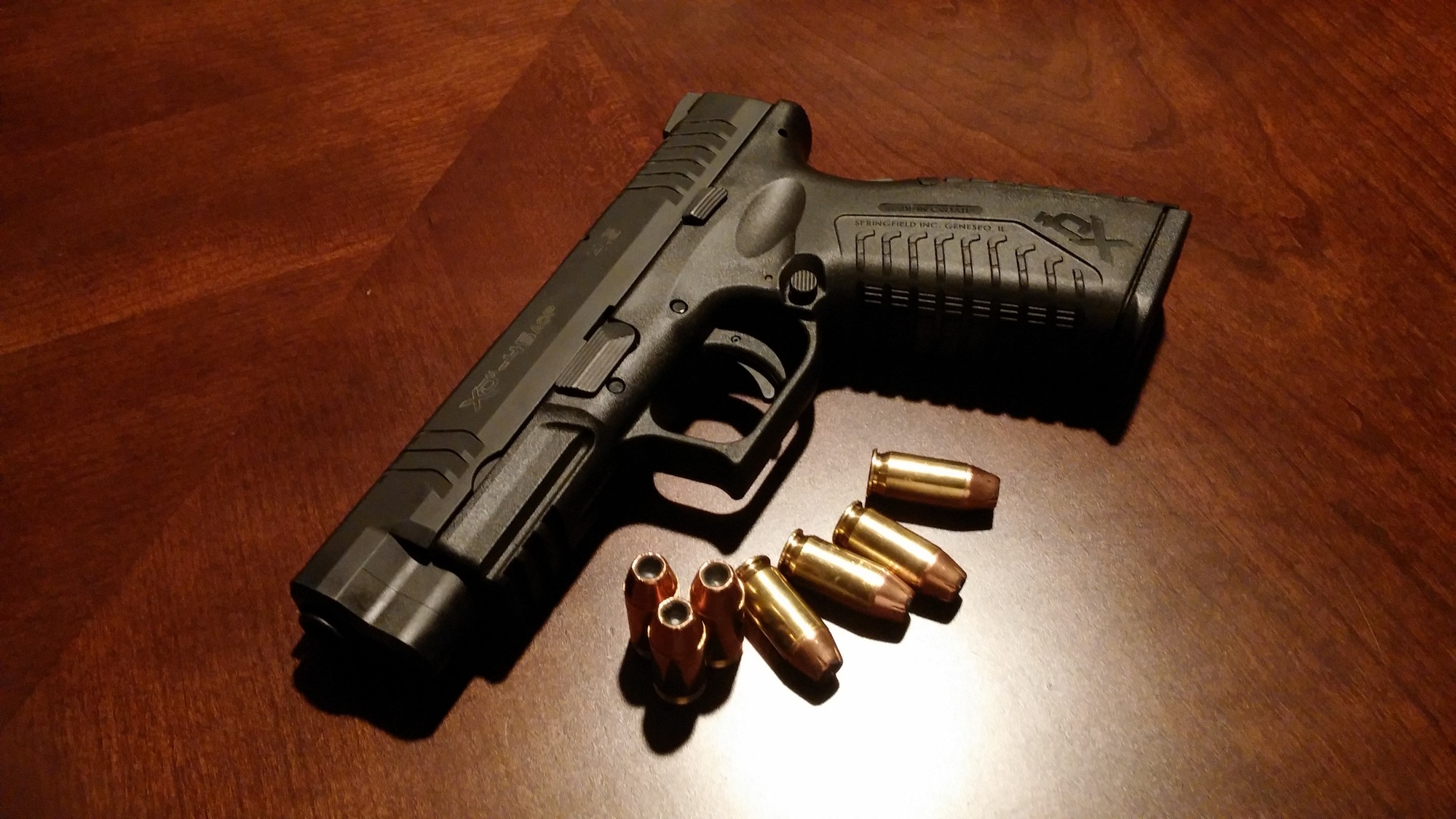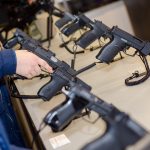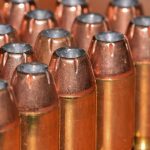A Detailed Guide for Beginners on the Types of Ammo for Handguns
Handguns are the most popular type of firearm in the US. Experienced gun owners and novices alike are likely to own at least one handgun. They are easy to use, easy to store, and invaluable in a self-defense situation, where larger firearms would be impractical. For new gun owners, choosing a handgun to buy can be a challenge, with so much variety on the market. But choosing between the different types of ammo for your handgun might be even more difficult, thanks to a wide range of calibers, sizes, and shapes.
If you’re new to firearms, you need to understand the basics regarding different types of ammo, to ensure personal safety and proper functionality of your gun. Keep reading below to learn all about hand guns now.
Bullet Caliber
Bullets are actually made of three main sections. The outer shell is called a case. Inside, you have two components: the propellent and the bullet. Altogether, you can refer to individual ammunition units as “cartridges” or “rounds.”
Many people mistakingly called these bullets, not realizing that the bullet is actually the small projectile within the cartridge. Only the bullet comes out of the barrel of your gun, while the case ejects out of the side of the firearm.
The most important thing to understand when choosing ammo is your pistol caliber. Caliber refers to the diameter of the bullet, as well as the diameter of your gun’s barrel.
.22 caliber rounds should only be shot out of a .22 caliber barrel, to ensure a perfect fit. Shooting a round that is too large for the barrel of your firearm can be very dangerous.
When buying ammo, make sure you know what caliber your handgun is chambered in. The most popular calibers for handguns are .22 LR, 9mm Luger, .40 S&W, .45 ACP, and .357 Magnum.
If buying a new handgun, it helps to know that 9mm is the most common ammunition in the US, making it the easiest to find, anywhere you go.
The caliber of your gun should be denoted on the exterior of your gun. Always confirm the caliber of your gun matches the ammunition you are using before you load the firearm.
Bullet Size/Length
Caliber isn’t the only thing to consider when buying ammo for your handgun. In each caliber, bullets will come in different weights, shapes, and sizes, too.
When talking about bullet sizes, people are generally referring to the length of the cartridge.
New shooters who are looking for all-purpose ammunition don’t need to worry so much about length. But it’s helpful to understand.
When looking at a box of ammo on the shelf, the case length will be the second number listed, after the caliber.
The length of the case determines how much propellant can be stored inside. More propellant can mean more power.
Within a particular caliber, you might find rounds that are much longer than others. Therefore, they might not be compatible with every handgun of that caliber.
When selecting a length, make sure it will fit in the chamber/magazine of your gun.
Bullet Weight
Bullet weight, also called grain weight, is important when considering the performance of your shooting.
Heavier bullets (higher grain weight) travel slower, but they provide more penetration and power. Lighter bullets can move faster, but may not penetrate as deeply, which is important to consider for hunting or self-protection.
Case Material
Most handgun ammunition is cased in either brass, steel, or aluminum. Brass is the most common and most preferred by shooters and manufacturers alike.
Because brass isn’t quite as hard as steel (the material of your gun’s barrel), it won’t wear down your gun prematurely. Steel ammunition tends to wear out your gun faster.
Brass is also the most affordable in most cases. If you want to try out aluminum or steel cartridges, ensure that your firearm can handle them by checking your owner’s manual.
Jacket Type
Bullets come in various jacket styles that greatly affect the impact of the bullet.
Full Metal Jacket (FMJ) or Total Metal Jacket (TMJ) is the most popular for handguns. They are less expensive, making them great for practice and target shooting.
FMJ refers to a copper coating covering the bullet. In a semi-automatic pistol, the coating increases reliability as they feed better.
Another popular bullet type for handguns is the Hollow Point (HP) or Jacketed Hollow Point (JHP).
These bullets are designed to mushroom and expand upon impact. They release their kinetic energy during the initial few inches of impact, doing more damage than an FMJ bullet would.
These are preferred for hunting or self-defense situations. They are unlikely to completely pass through a target, though that’s never guaranteed. Jacketed Hollow Points are coated with copper to make for easier feeding.
+P and +P+
You might also see a +P or a +P+ on the ammunition box at the store. These designations have to do with the propellent in the cartridge and are known to provide more power to your shots.
They are most common with revolver ammo. But you can check the caliber designation on your firearm to see if it’s compatible with these types of cartridges.
Study Your Owners Manual
If you already own a handgun, you just need to find ammunition designed to work with it. The owner’s manual of your firearm will tell you almost everything you need to know.
If you don’t have it in your possession, you can find a digital copy of your exact firearm online.
Also, examine your gun to find the caliber listed on either the barrel or the side of the frame. It’s etched on, so it should never disappear. The magazine of a handgun typically contains this information as well.
You’ll also find the serial number here, which you can use to find the manual for your firearm online.
Try Different Types of Ammo
Once you know what caliber to purchase, and what length of cartridge your gun can accommodate, you can try the various types of ammo that are available.
Each cartridge will perform a bit differently in different handgun models. It’s up to you to try a handful of different cartridges to see what you prefer shooting, and what is the most reliable with your gun.
Where to Buy Handgun Ammo
Need some ammo recommendations? The best way to figure out what types of ammo to try is to talk to the experts at a local gun shop. This is the advantage of buying in-person or online.
Looking for a reputable shop near you? Check our nationwide database here, so you can stock up on ammo today.




Leave a Reply
Want to join the discussion?Feel free to contribute!